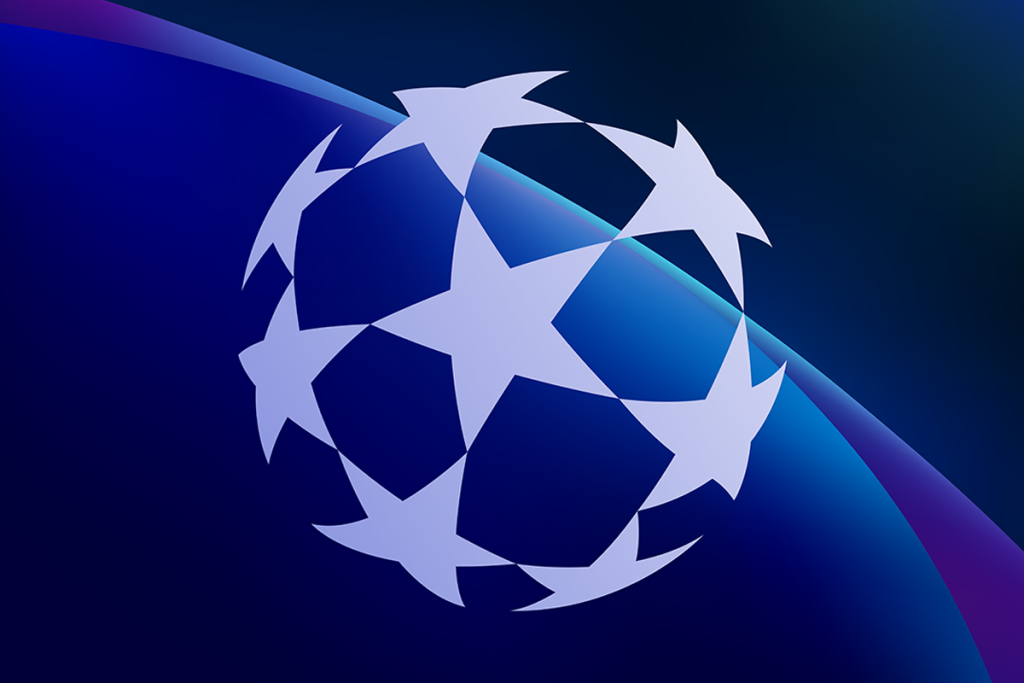In a seismic shift poised to redefine the landscape of European football, UEFA has unveiled sweeping changes to the format of the Champions League, Europe’s most prestigious football tournament. The announcement, made in May 2022, represents the most significant revamp of the competition since its inception in 1992. Football aficionados and pundits alike are abuzz with speculation and anticipation as they dissect the implications of these transformative alterations.
Traditionally, qualification for the Champions League has been a complex interplay of domestic league performance, club coefficients, and playoff rounds. However, UEFA’s new vision for the tournament simplifies the process, placing a renewed emphasis on sporting merit. This means that clubs will now secure their places in the competition solely based on their on-field achievements, a departure from the previous system which often sparked debates about the fairness of qualification criteria.
The most conspicuous change lies in the restructuring of the group stage. The familiar format, characterized by eight groups of four teams each, is being replaced by a streamlined league table featuring 36 clubs. Under this new arrangement, teams will engage in a total of eight matches, facing off against eight different opponents—four at home and four away. Fixture determination will be conducted through a sophisticated seeding process, ensuring an equitable distribution of matchups across the board.
The knockout stages, the pinnacle of drama and excitement in the Champions League, are also set to undergo a transformation. While the top eight teams will still secure automatic berths in the last 16, those ranking from 9th to 24th will now find themselves embroiled in two-legged knockout play-offs. The stakes are higher than ever, with teams placing 25th or lower facing outright elimination from European competition—a stark departure from the safety net provided by entry into the Europa League in previous iterations.
In tandem with the structural changes, the number of matches in the Champions League will witness a significant surge, increasing from 125 to 189. Teams will be required to navigate a grueling schedule, playing a minimum of eight and a maximum of 17 games. Match schedules will adhere to the familiar midweek slots, with exclusive weeks seeing matches scheduled across Tuesday, Wednesday, and Thursday—a testament to UEFA’s commitment to maximizing viewership and engagement.
For Premier League clubs, clarity has finally been bestowed upon the often murky waters of qualification. The top four teams will secure coveted berths in the Champions League, while the fifth-placed team will find solace in the Europa League. The outcome of the FA Cup will determine Europa League participation, with Manchester United poised to enter should they triumph. However, if Manchester City emerges victorious, the sixth-placed team in the Premier League will seize the Europa League spot.
In addition to the internal reshuffling, UEFA has introduced coefficient places to further incentivize excellence on the European stage. Germany and Italy have already secured a fifth automatic spot in the upcoming tournament, with additional spots allocated based on the collective performance of clubs from the previous season. The potential for six representatives from Germany and Italy underscores the significance of these coefficient places in shaping the competitive landscape.
As the footballing world grapples with these momentous changes, UEFA’s overhaul extends beyond the confines of the Champions League to encompass the Europa League and the Europa Conference League. Both competitions are set to mirror the Champions League’s new format, promising a unified and cohesive experience across European football’s premier tournaments.
The announcement of these comprehensive changes underscores UEFA’s unwavering commitment to revitalizing and modernizing European football’s premier competitions. As anticipation builds for the inaugural season under the new format, football enthusiasts worldwide eagerly await the unfolding of this new chapter in the storied history of the Champions


